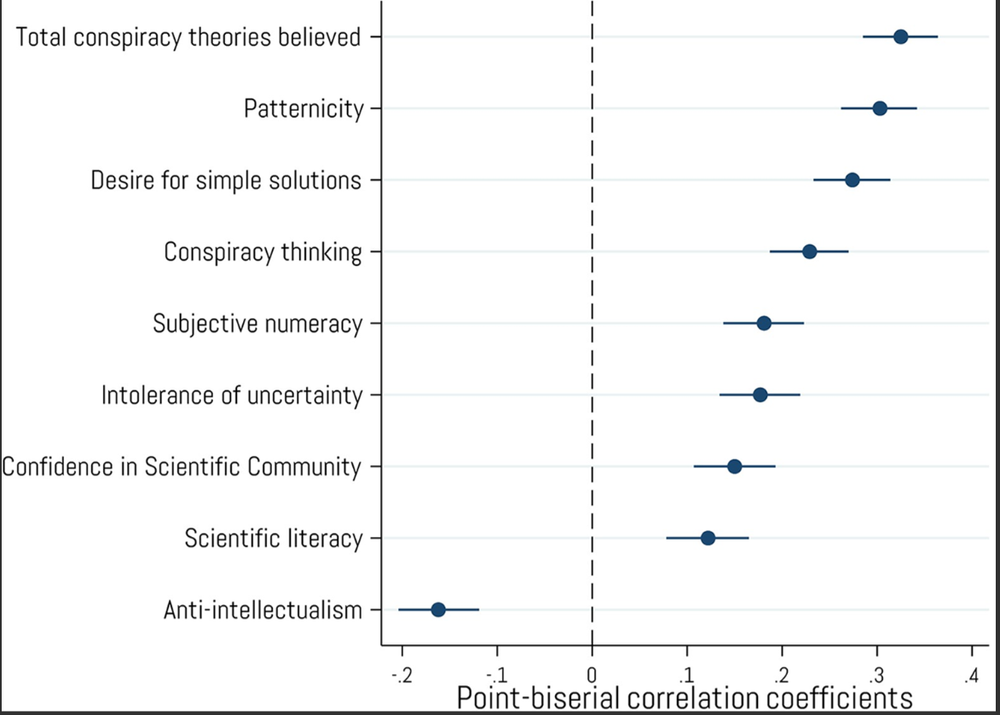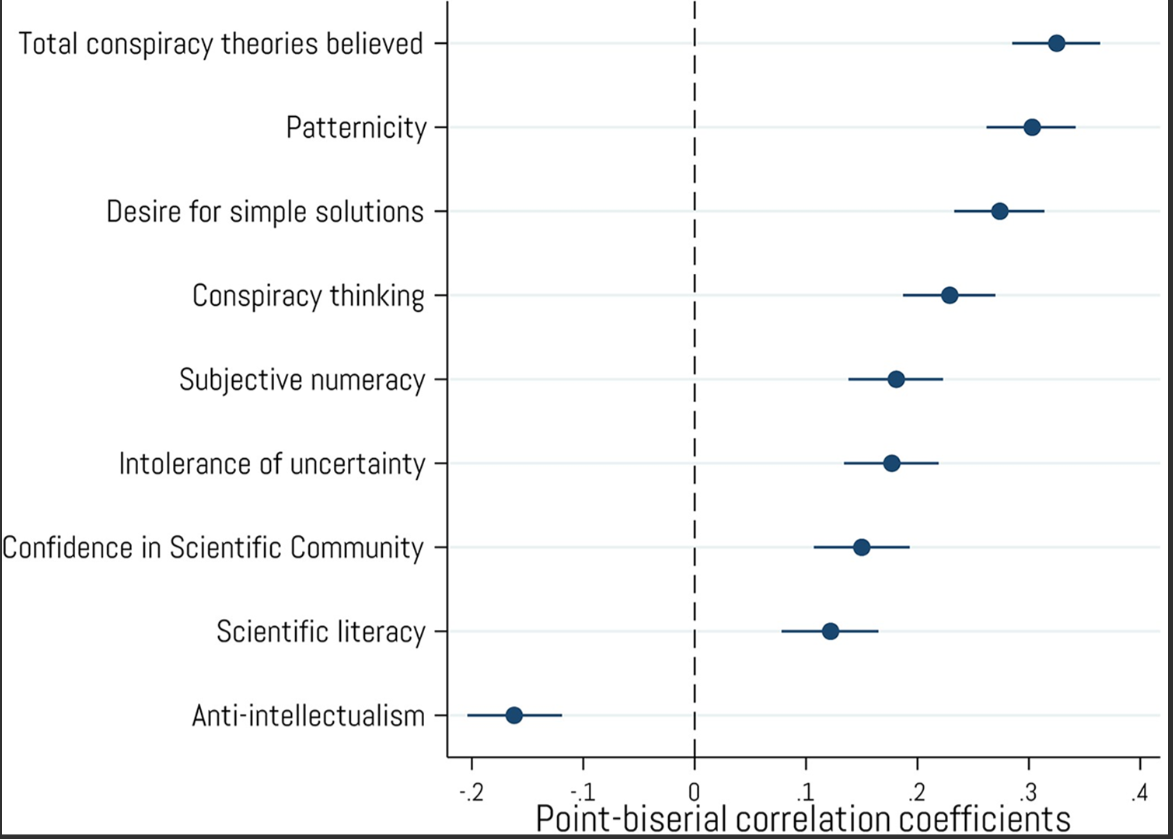Crypto-beleggers: wantrouwen instanties en zijn en complotdenkers - onderzoek

Welke crypto belegger herkent zich in dit onderzoek? Een nieuwe studie verbindt beleggers in crypto aan complotdenken en wantrouwen. Het onderzoek is uit juli, maar we vonden het toch de moete waard om te brengen.
Volgens een studie, uitgevoerd door onderzoekers van de Universiteit van Toronto en de Universiteit van Miami, blijkt er een opvallende trend onder crypto-beleggers. Deze beleggers hebben vaak overtuigingen die worden geassocieerd met wantrouwen tegenover reguliere instituties en scepticisme ten opzichte van officiële verklaringen.

Het onderzoek, dat werd gepubliceerd in het tijdschrift PLOS One, toont aan dat mensen die investeren in crypto gemiddeld genomen meer geneigd zijn om in complottheorieën te geloven, extremistische groepen te steunen en populistische gevoelens te uiten.
De onderzoekers gebruikten een grote steekproef en analyseerden verschillende sociale en psychologische variabelen naast financieel gedrag.
A recent study finds psychopathic traits are more likely among crypto owners.
— Bloomberg Crypto (@crypto) September 3, 2024
Bloomberg's Teresa Xie has the more https://t.co/eLHAVTqYrI pic.twitter.com/XtYot3EcfG
Disclaimer Aan de door ons opgestelde informatie kan op geen enkele wijze rechten worden ontleend. Alle door ons verstrekte informatie en analyses zijn geheel vrijblijvend. Alle consequenties van het op welke wijze dan ook toepassen van de informatie blijven volledig voor uw eigen rekening.
Wij aanvaarden geen aansprakelijkheid voor de mogelijke gevolgen of schade die zouden kunnen voortvloeien uit het gebruik van de door ons gepubliceerde informatie. U bent zelf eindverantwoordelijk voor de beslissingen die u neemt met betrekking tot uw beleggingen.






